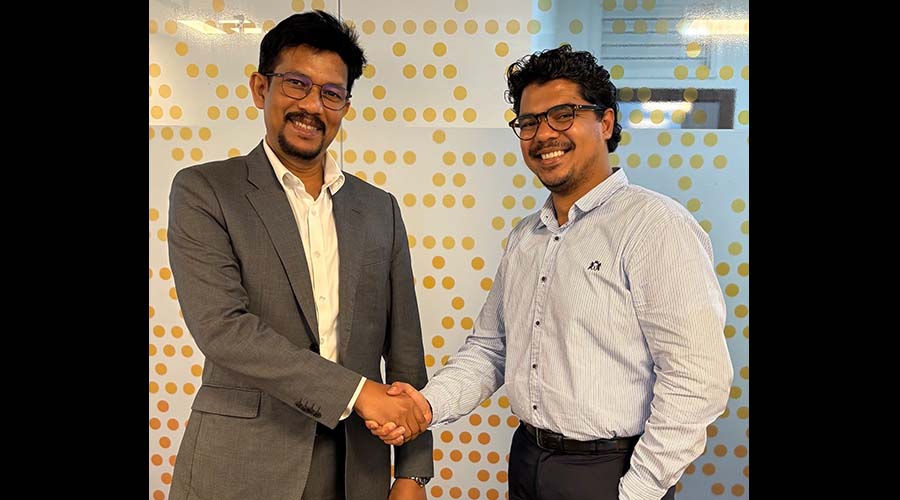The presentation, led by managing director Thanzyl Thajudeen, emphasized that world-class technology infrastructure should come with public trust, stakeholder understanding, and sustained adoption.
Drawing on global case studies including Singapore's "Smart Nation" initiative, Estonia's e-governance leadership, Malaysia's Digital Economy Blueprint, and India's Digital India programme, the framework demonstrates that successful digital transformation depends equally on communications strategy as on digital strategy.
The comprehensive framework addresses four critical outcomes: building public understanding through segmented stakeholder messaging, creating confidence in government leadership and digital system security, driving actual adoption of digital services, and attracting international investment and talent.
Key components include stakeholder-specific message architecture, coordinated multi-channel media deployment using the PESO model, crisis communication protocols based on Situational Crisis Communication Theory, strategic media relationship building, real-time sentiment monitoring, thought leadership positioning for government officials, comprehensive internal communications, and outcome-based measurement using the Barcelona Principles 3.0.
"You can build the best digital infrastructure in the world, but if people don't trust it, don't understand it, or don't believe in leadership's commitment to it, adoption will stall and skepticism will grow," said Thajudeen during the strategic briefing.
"We’ve witnessed this challenge across multiple countries in the Asia-Pacific region.
Digital transformation isn't a technology project, it's a change management challenge that touches every citizen, business, and government agency."
Deputy Minister Hon. Eranga Weeraratne acknowledged the critical importance of communications in achieving the government's digital economy goals.
"We've learned from observing global digital transformation successes and failures that world-class technology infrastructure alone is insufficient.
Public trust, clear messaging, and transparent engagement with all stakeholders are essential national assets.
This comprehensive framework presented by Thajudeen of Mark and Comm provides us with the tools and strategies to ensure that Sri Lanka's substantial investment in digital infrastructure translates into measurable public adoption and sustained economic impact."
The proposed framework includes a phased implementation roadmap beginning with immediate stakeholder mapping and message architecture development, followed by establishment of monitoring systems and spokesperson training, building to a sustainable rhythm of strategic communications supporting all digital economy initiatives throughout.
Mark and Comm is Sri Lanka’s leading boutique PR agency with a reputation for PR-led ideas and strategies, alongside its international network spanning the GlobalCom PR Network's 100+ countries, PRCA APAC corporate membership, and non-exclusive affiliations with leading global agencies.
The agency, established in 2011, is known for its agile boutique model and strategic counsel approach, and has been recognized for industry leadership and advocacy, including elevating Sri Lanka's PR and media standards through various industry initiatives.
Photo Caption : Hon. Eranga Weeraratne, Deputy Minister of Digital Economy (L) and Thanzyl Thajudeen, Managing Director of Mark and Comm


